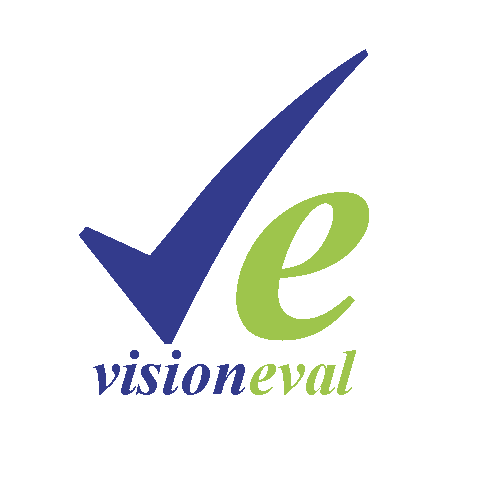Advances in technologies and changes in policy priorities are transforming how and where people travel. Forecasting what travel may look like in 10, 20, or 30 years must now account for this rapid change on top of other shifts.
Enter strategic transportation planning: RSG’s approach to planning for the future. Strategic transportation planning leverages exploratory scenario planning and other methods to help transportation agencies and their stakeholders forecast future travel demand and behaviors.
Strategic Transportation Planning for an Uncertain Future
Traditional planning approaches were predicated on a future that largely resembled the present. However, vehicle electrification, climate, and population changes, in addition to other macroeconomic shifts, will interact with technological advances and require that agencies use new tools and methods to account for these developments.
Strategic transportation planning, which leverages tools like VisionEval and EERPAT, aims to help communities prepare for these unprecedented changes by facilitating decision-making under deep uncertainty. Also referred to as exploratory scenario planning, the work underlying strategic transportation planning means that stakeholders can envision, develop, and measure multiple scenarios to identify optimal outcomes. They can then work backward, creating robust plans, policies, and practical strategies to measure progress toward a future goal.
Our Approach to Exploratory Scenario Planning
Our approach differs from traditional scenario development. We begin with a high-level review of the planning and policy questions, revealing the big picture to identify important relationships and key drivers for desired outcomes. Rather than attempting to brainstorm or workshop multiple scenarios or futures, our team leverages a quantitative, model-based approach that uses scenario planning to work backward from a desired future state.
We work with stakeholders to design the framework and inputs that are used to create a rich tapestry of possible futures. This outcome-focused approach allows us to work with clients to uncover a web of interconnected factors that can inform a range of policy and planning actions.
Our strategic approach and advanced scenario planning tools have helped answer critical planning questions around:
- Equity
- Vehicle electrification
- Greenhouse gas emissions
- Transportation demand, including vehicle miles traveled
- Land use
- Transit ridership
- And more
In many cases where exploratory scenario planning is undertaken, household travel survey data and other data sources comprise the bulk of the data used. These data are then used to develop strategic models to envision potential futures. Our experts can work with clients to apply strategic modeling tools to translate how factors like demographics, land use, the built environment, and more may interact to impact future travel patterns and behaviors.
RSG’s exploratory scenario planning approach is a core part of our strategic transportation planning solutions work. It combines our in-house knowledge and expertise in data collection, modeling, and mobility data analytics.
RSG is uniquely positioned to work with our clients to support this quantitative exploratory scenario planning approach. Our team members have extensive experience and expertise in developing these transportation models and other exploratory tools such as VisionEval.
Partner With the Leaders in Strategic Transportation Planning
RSG offers strategic transportation planning services that empower our clients to adapt their transportation planning approaches to ensure they remain both effective and relevant. By tapping into our team’s breadth of expertise around data collection and modeling, we deliver solutions that help our clients identify plausible futures that deliver the highest return on investment and benefit to their communities. Our clients can then understand which policies to pursue, where they should invest, and how they can structure those investments to address equity and mobility concerns in the years to come.
Want more? View our October 2024 webinar on VisionEval.
Can we stay connected?
Sign up for RSG emails to keep up with our news & insights.


